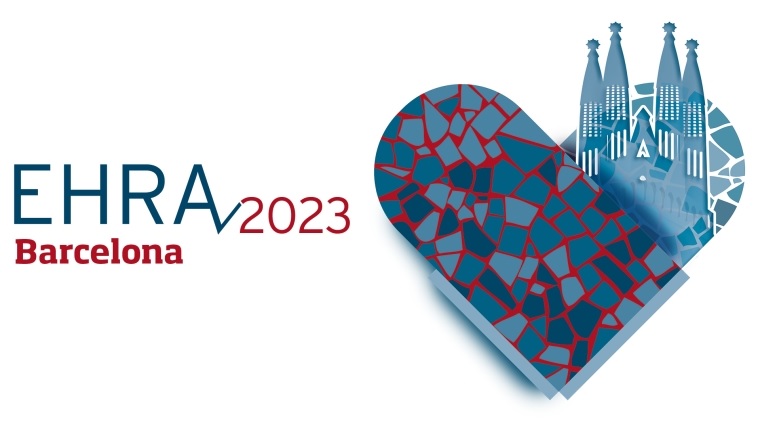
The EU-funded EHRA-PATHS consortium, coordinated by the European Society of Cardiology, is designing a new set of software tools to improve the treatment of elderly atrial fibrillation patients with multiple conditions. The latest updates on this clinical innovation were presented at EHRA 2023, a scientific congress of the European Society of Cardiology (ESC).
Scientific coordinator Professor Hein Heidbuchel said: "EHRA-PATHS is developing a standardized approach to ensure that patients with atrial fibrillation receive evidence-based therapies for comorbidities that underlie or complicate their heart rhythm disorder."
Atrial fibrillation is the most common heart rhythm disorder, affecting more than 40 million people worldwide. Patients with atrial fibrillation have an average of five coexisting conditions including high blood pressure, coronary artery disease, heart failure, obesity, and chronic kidney disease. These comorbidities have a negative impact on survival. Additionally, three-quarters of patients with atrial fibrillation take at least five medications .
EHRA-PATHS is an international multicenter project focused on the comprehensive care of patients with atrial fibrillation and at least one additional chronic disease. The multidisciplinary program is being coordinated by the ESC and the European Heart Rhythm Association (EHRA). An EHRA-PATHS survey of healthcare professionals previously reported that the lack of an integrated care model was hindering referrals to specialist services for AF comorbidities. 6
Results from patient interviews, presented for the first time at EHRA 2023, highlighted the need for integrated care and interprofessional work to optimize the health of patients with multimorbid atrial fibrillation . In-depth interviews included 30 atrial fibrillation patients with two or more additional conditions from Belgium, Greece, Poland, Spain, and the Netherlands. The average age was 73 years and 37% were women.
The most common comorbidity was high blood pressure, followed by high cholesterol, obesity, hypothyroidism and diabetes.
Interviewees highlighted the need for better communication between primary care and hospitals. Some had multiple appointments at different locations and were frustrated with unintegrated care.
EHRA-PATHS investigators have defined 22 comorbidities that are relevant in patients with atrial fibrillation. For each, the consortium has created concise care pathways to check or rule out the presence of a given comorbidity, to guide its subsequent evaluation and ensure its effective management. The care pathways are now being integrated into a software tool that will help healthcare personnel evaluate patients with atrial fibrillation systematically and comprehensively. “This is the cornerstone of the overall goal of the project, which is to improve outcomes for patients with atrial fibrillation through systematic detection and treatment of underlying conditions, and through referral or multidisciplinary collaboration where necessary,” Professor Heidbuchel said. .
The software will be evaluated in a clinical study involving 65 hospitals in 14 European countries. To establish a baseline picture, in the first part of the study, investigators will evaluate the management (evaluation and treatment) of risk factors and comorbidities in approximately 1,300 patients aged 65 years and older with newly diagnosed atrial fibrillation. The second part will be a randomized controlled trial in 1080 patients evaluating whether assignment to the software tool improves AF management compared to usual care.
The trial will focus on 12 comorbidities : hypertension, hyperlipidemia, heart failure, overweight/obesity, kidney failure, smoking, diabetes, coronary heart disease, valvular disease, physical activity, chronic obstructive pulmonary disease/asthma, and alcohol consumption.
The primary endpoint is the number of risk factors and comorbidities that are identified and for which treatment is initiated during baseline mapping (part one) and at the end of the randomized controlled trial (part two). Secondary endpoints include atrial fibrillation symptom burden, quality of life, patient and provider satisfaction, referrals to other disciplines, and cost-effectiveness.
Professor Heidbuchel said: “Our vision is that EHRA-PATHS will demonstrate through its clinical trial that a systematic approach to comorbidities , based on a software tool with interdependent care pathways, leads to better multidisciplinary management of patients with fibrillation. handset. If the project is successful, it will have delivered a tool to the medical community to improve the management of atrial fibrillation and make it more uniform across Europe and beyond.”















